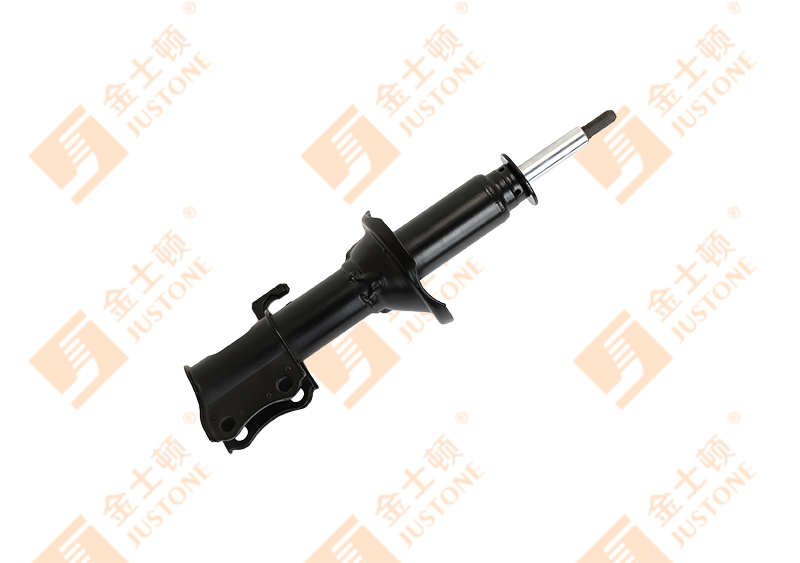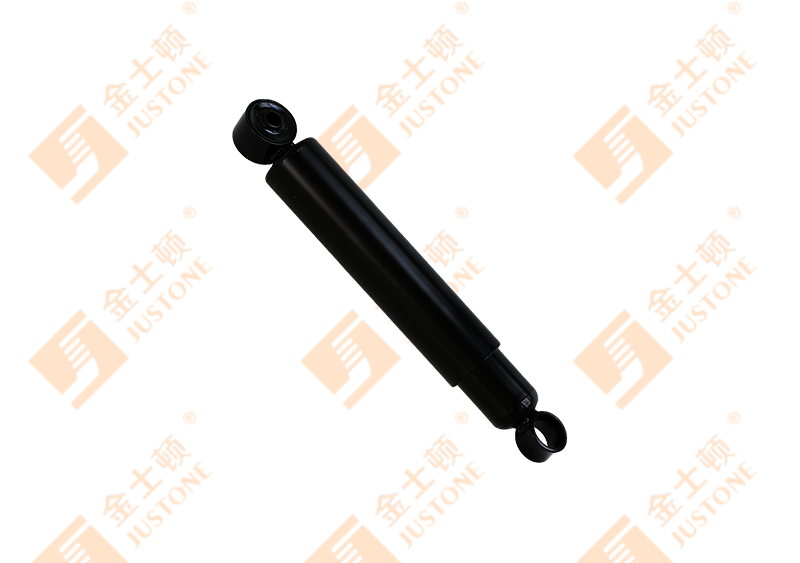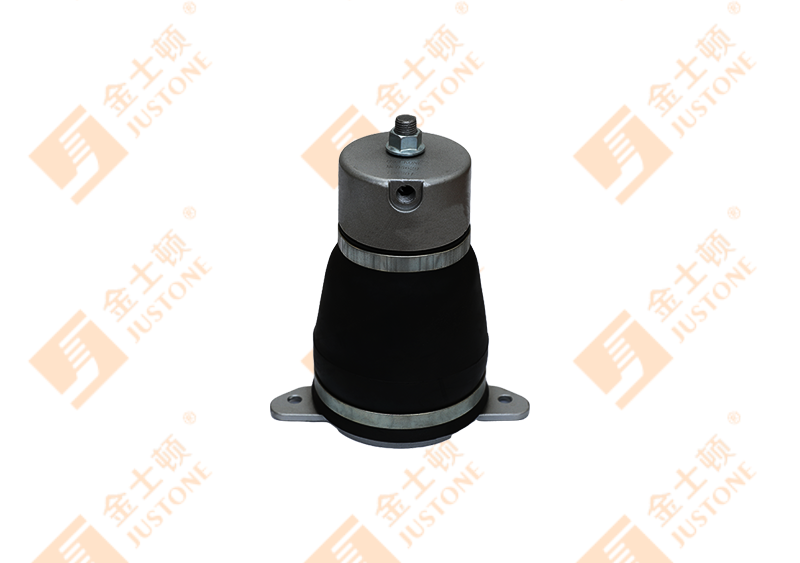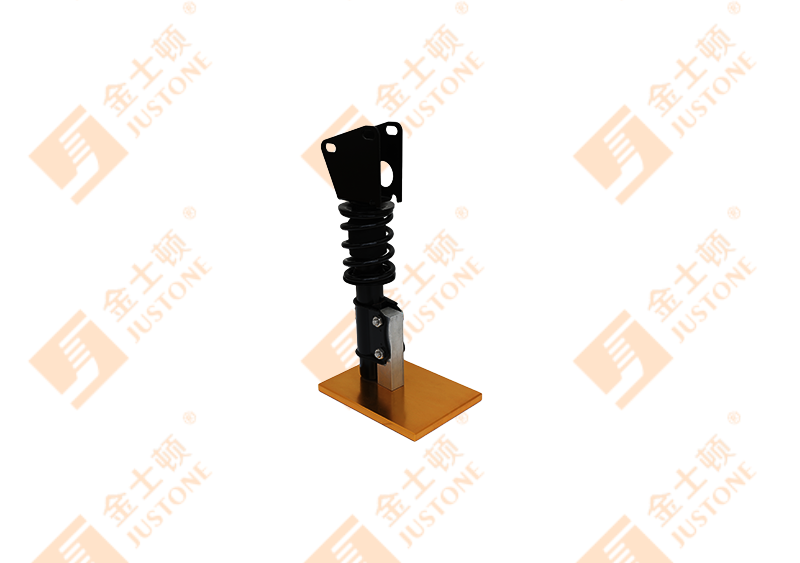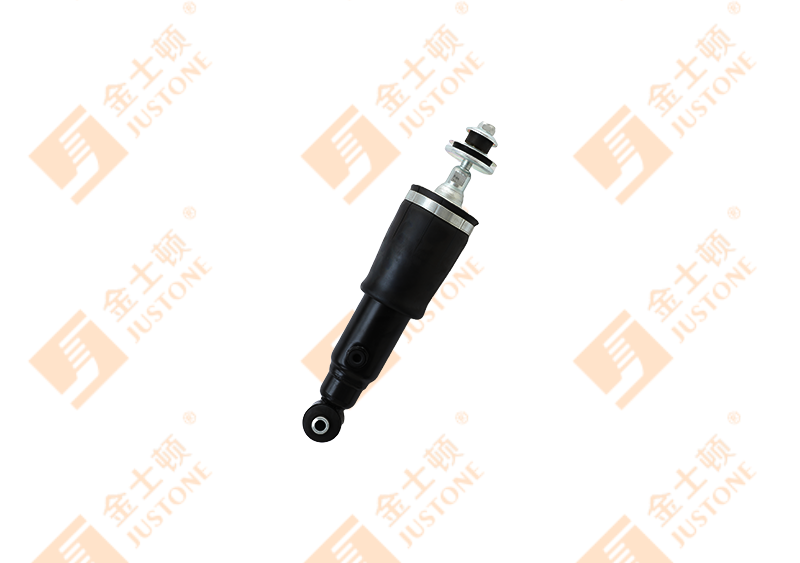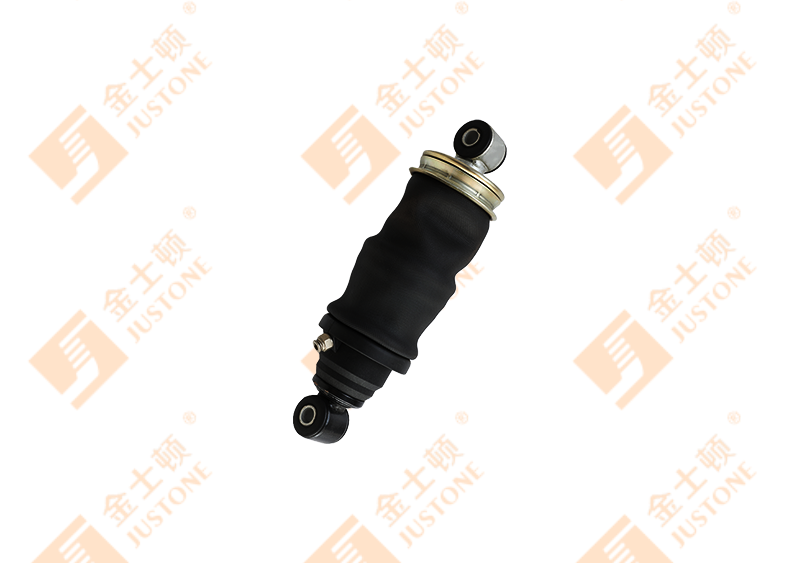Trailer Coupling Dampers play a crucial role in modern towing systems, ensuring safety, comfort, and stability during vehicle-trailer interactions. These dampers are integrated into the coupling system between a towing vehicle and its trailer, reducing shocks and oscillations caused by uneven road surfaces, acceleration, or braking. By managing the forces transmitted through the coupling, they prevent jerks, improve control, and minimize wear on both the vehicle and trailer components.
Whether used in caravans, utility trailers, or commercial towing setups, a well-designed coupling damper enhances driving comfort and ensures smoother performance, particularly during long-distance or high-speed towing operations.
What Are Trailer Coupling Dampers?
Trailer Coupling Dampers are mechanical or hydraulic devices that absorb and dissipate energy generated by the dynamic movement between a towing vehicle and its trailer. They act as a cushioning component within the coupling system, controlling both compression and rebound forces that occur during towing. The goal is to maintain steady contact and reduce stress on the hitch assembly.
Main Components
- Damper Cylinder: The main body housing the hydraulic fluid or elastomeric material that provides damping resistance.
- Piston or Rod: Moves within the cylinder to create resistance proportional to the applied force.
- Seals and Bearings: Ensure smooth movement and prevent fluid leakage or contamination.
- Mounting Ends: Connect the damper securely to the trailer coupling and towing frame.
How Trailer Coupling Dampers Work
The function of a trailer coupling damper is based on energy absorption and controlled resistance. When the trailer moves closer to or away from the towing vehicle—due to braking, acceleration, or uneven surfaces—the damper compresses or extends, dissipating kinetic energy as heat through hydraulic fluid or internal friction materials.
Working Mechanism Explained
- Compression Phase: Occurs when the towing vehicle decelerates or the trailer pushes forward. The damper compresses to absorb the sudden load and prevent impact on the hitch.
- Rebound Phase: Happens when the vehicle accelerates or the trailer lags behind. The damper extends, controlling the backward motion and preventing jerking.
- Energy Dissipation: The internal resistance of the damper—either from hydraulic oil flow or elastic material deformation—converts kinetic energy into heat, reducing vibration and oscillation.
Types of Trailer Coupling Dampers
Trailer Coupling Dampers come in several designs depending on the type of trailer, load capacity, and towing conditions. Understanding the differences helps users select the right model for specific applications.
| Type | Mechanism | Advantages | Applications |
|---|---|---|---|
| Hydraulic Dampers | Use fluid displacement through valves to control motion. | Provides smooth damping and consistent performance under variable loads. | Heavy-duty trailers, caravans, and industrial transport. |
| Gas-Filled Dampers | Contain pressurized nitrogen gas to stabilize the fluid inside. | Quick response and reduced cavitation for high-speed towing. | Performance trailers and off-road vehicles. |
| Elastomeric Dampers | Rely on rubber or polymer compression for energy absorption. | Simple, durable, and low maintenance. | Lightweight or medium-duty trailers. |
| Friction Dampers | Use friction plates to resist motion between coupling parts. | Cost-effective and suitable for general towing. | Small trailers or agricultural implements. |
Benefits of Using Trailer Coupling Dampers
Installing quality Trailer Coupling Dampers offers several mechanical and safety advantages that improve both towing performance and vehicle longevity. Their contribution goes beyond simple vibration reduction—they also enhance control and protect structural components from premature wear.
- Enhanced Ride Comfort: Reduces jerking and bouncing between the towing vehicle and trailer.
- Improved Safety: Prevents sway and instability, especially during braking or emergency maneuvers.
- Reduced Component Stress: Minimizes mechanical load on the hitch, chassis, and suspension systems.
- Noise Reduction: Eliminates metal-to-metal impact sounds common in rigid couplings.
- Extended Equipment Life: Decreases wear and tear, leading to fewer replacements and maintenance costs.
Design Considerations and Material Selection
Modern Trailer Coupling Dampers are designed using advanced materials and engineering techniques to ensure high strength and long service life. The choice of materials affects damping efficiency, durability, and environmental resistance.
Common Materials Used
- Steel and Aluminum Alloys: Provide robust structural strength and corrosion resistance.
- Elastomeric Compounds: Used in internal seals or bushings for flexibility and impact absorption.
- Hydraulic Fluids: Formulated to remain stable under temperature fluctuations and heavy load cycles.
- Protective Coatings: Zinc or powder coatings improve surface resistance to weather and moisture.
Installation Guidelines for Trailer Coupling Dampers
Proper installation ensures that the damper performs effectively under all towing conditions. It’s essential to follow manufacturer specifications and torque values during assembly.
Installation Tips
- Ensure compatibility between the damper model and coupling system.
- Inspect mounting brackets and bolts for wear or deformation before installation.
- Apply anti-corrosive grease on bolts to ease future removal.
- Use torque-controlled tools to tighten all connections to the specified limits.
- After installation, perform a short towing test to verify smooth engagement.
Maintenance and Troubleshooting
Although Trailer Coupling Dampers are built for durability, regular maintenance is key to preserving performance. Periodic inspections help detect wear or fluid leakage before they escalate into mechanical failures.
Maintenance Checklist
- Inspect for oil leaks, dents, or corrosion on the damper body.
- Check rubber seals for hardening or cracking.
- Verify that bolts and brackets are tight and free from rust.
- Clean coupling joints regularly to prevent debris interference.
- Replace worn-out dampers as per manufacturer’s recommended service intervals.
Common Issues and Solutions
| Problem | Possible Cause | Solution |
|---|---|---|
| Jerky trailer movement | Worn damper or incorrect torque on mounting bolts | Replace damper or retighten connections to specifications |
| Fluid leakage | Damaged seals or cylinder body | Inspect and replace seals; if damage persists, install a new unit |
| Reduced damping performance | Air bubbles or fluid degradation in hydraulic systems | Bleed air and refill with proper hydraulic fluid |
| Noise during towing | Loose mounting or worn bushings | Tighten fasteners and replace bushings if necessary |
Selecting the Right Trailer Coupling Damper
Choosing the right damper depends on load weight, road conditions, and trailer type. Selecting a damper with the correct damping force and construction ensures optimal performance.
Key Factors to Consider
- Load Rating: Match the damper’s rated capacity to your trailer’s gross weight.
- Damping Force: Ensure sufficient resistance for smooth towing without over-stiffness.
- Compatibility: Verify the damper’s mounting dimensions fit your coupling design.
- Environmental Resistance: Choose corrosion-protected models for coastal or off-road use.
- Brand Quality: Prefer manufacturers with ISO or TÜV-certified quality assurance.
Conclusion
Trailer Coupling Dampers are essential for ensuring a smooth, safe, and controlled towing experience. By absorbing shocks and stabilizing motion between the towing vehicle and trailer, they enhance comfort, prolong equipment life, and contribute to overall road safety. Whether you’re towing a light caravan or managing a heavy industrial trailer, choosing the right damper type, maintaining it properly, and installing it according to specifications will deliver long-lasting reliability and peace of mind during every journey.
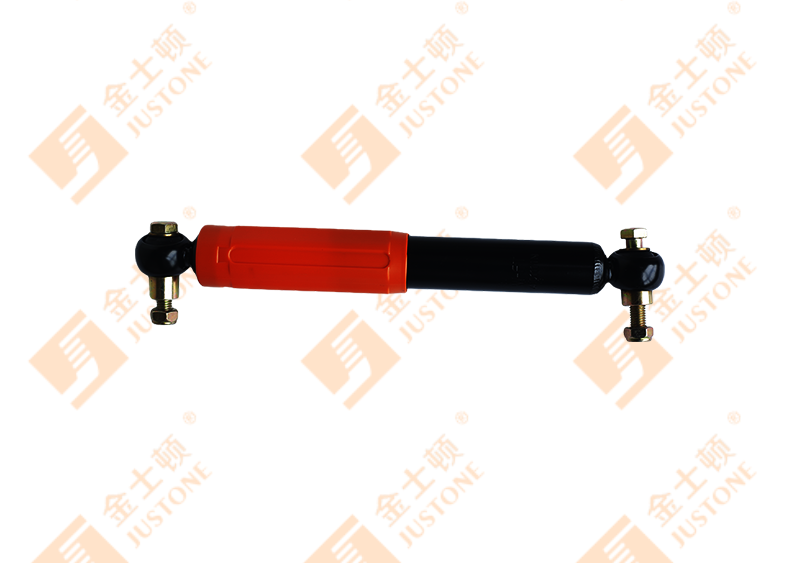

 English
English Deutsch
Deutsch